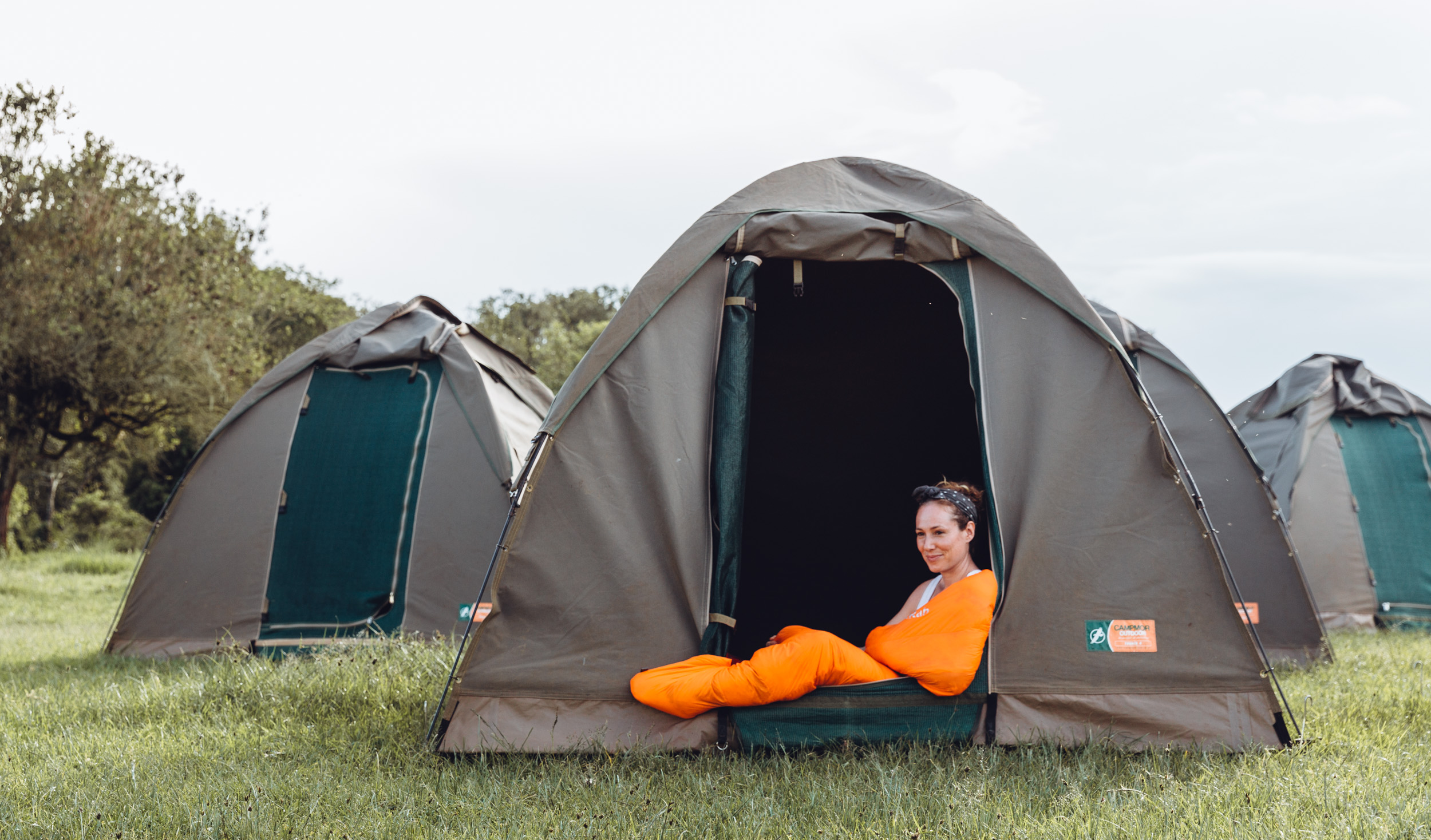As much as we love to discover the new and the different, to experience interesting towns and quaint villages quite unlike our own, it would be wrong to say that we are always seeking the next adventure. Every now and again, we stumble, quite by accident, upon a place or a country that we could call home.
And we know we're not alone. Thousands of travellers set off on round the world trips only to end up throwing their best laid plans out the window and spending months in the same small town, carving out friendships and lifestyles they're not quite ready to say goodbye to.
Yet, for many of these travellers, what remains behind prevents most from taking the plunge to move abroad to their dream location full-time. Family and friends, work or mortgages – such commitments, responsibilities and connections make it difficult to take the chance to stay a little bit longer in that foreign place in a foreign land and to discover whether the reality of living there full-time actually comes close to the perfect life all those late-nights hostel chats can make it seem.
If you are one of the brave however, and are ready to build that new life abroad, there are certain issues which you will inevitably have to consider and address as you transition from visitor to resident. From discovering new support and friendship networks, adapting appropriately to local ways of life, getting to grips with a new language, dealing with bureaucracy and red-tape whilst trying to establish yourself or set-up a new business venture and working out how to source those foods from home you know you're going to miss terribly – these are all going to be part of the expat experience.
Research the country's requirements
It is vitally important, when making the decision to postpone your return home, that your heart does not completely control your head. Travelling and living in a country are two very different things and, although your initial decision may be based more on intangible sensations rather than cold-hard logic, it would be foolish in the extreme to decamp your life overseas without having done the basic level of research into some of the main obstacles you'll face.
The most sensible starting point is looking into your rights to stay in a country beyond your tourist visa. Each has its own requirements and idiosyncrasies for residency or long-term stays which may not make much sense to the outsider – however, they have to be adhered to. For example, anyone planning on living, working or retiring in Bolivia has to enter the country on a 30-day objeto determinado visa which can only be obtained from a Bolivian consulate prior to travel and has various payment and documentation strings attached. Those who are in the country on a tourist visa can't simply decide 'now I'm going to stay longer'.
Some countries will be less bureaucratic than others, but ensuring that you begin your journey by dotting every 'i' and crossing every 't' is vital. Cutting corners at this stage will only create problems later down the line.
Other aspects of your long-term stay which necessitate research are the health system and insurance requirements. As a tax-paying citizen in your own country, it's easy to forget that requirements will differ elsewhere and, when your status is that of an outsider, you may have to jump through more hoops or arrange things differently to locals.
Seek out the advice of those who are already there
The above can, of course, all be a bit daunting. Thankfully however, there are no shortage of people who have been through it all before and are only too happy to assist you.
Welcome to the online expat community!
One quick google search for any of the issues like visa requirements or 'being an expat in XYZ' will yield numerous results for websites and forums dedicated to people making the same move as yourself. Issues they went through, solutions they found, contacts they have plus wisdom and tips learned along the way are all shared there - it's a wonderful source of information for you. For most Central and South American countries, there are also a number of expat only Facebook groups which you can join and get answers to some of your most pressing questions or concerns.
Other expats are likely to be your closest and most immediate support group in the research stage and the first few months you spend trying to settle in. And, of course, once you're in the country, the expat community is likely to be the easiest social group for you to try and join. Even if you hate the idea of being one of those expats who only hangs out with others who have decamped, there's no getting around that they will be invaluable and their friendship will be welcome – so don't dismiss the idea entirely.
Understand the cost of living
For young would-be expats, the opportunity to start a life – and live a lifestyle – where your money goes much further, is a big draw for relocating abroad. Buying an apartment in London may seem impossible for most of us, but it might just be realistic in Quito or at a small beach town in Mexico. When affordability is taken into consideration alongside much improved weather, it's understandable why Ecuador was voted one of the best places to relocate.
However, it is wise to remember that a country that appears 'cheap' as a traveller may actually have a number of elements which significantly increase the cost of living there full-time. Is fuel expensive? Are a number of essential goods imported? Is the cost of cable and decent internet wildly over-priced? Will you have to have long-term private health insurance?
So, get your head around the realistic costs of living in a new country prior to leaving in order to avoid nasty surprises and to help you plan an achievable relocation budget.
Understanding the historical currency dynamics of your chosen new home country is also vital. Has it been economically stable for the last decade? Is the local currency artificially pegged to the USD, like in Belize and Bolivia? Are rates of inflation a concern, like in Argentina? Relocating somewhere with a historically volatile currency or economy can bring certain advantages to you, but it also brings number of risks - so prepare yourself accordingly.
Getting your finances in order
Even if your country of choice appears cheap and has all the infrastructure necessary for you to start living your dream lifestyle, understanding the dynamics of international money transfer is essential before you make any big-ticket purchases in your new home. Starting a new business, buying a car or property or simply transferring over enough funds to set yourself up and cover rent requires a decent injection of capital, the majority of which is going to be based in your country of domicile bank account.
Setting up a local bank account (without letting your home bank account lapse of course) is a sensible first-step. However, simply transferring money from your home bank to your local bank (or directly to a company on the ground) is not the ideal approach and is likely to cost you significantly more than other methods.
Instead, sending large amounts of money abroad using specialist on-line foreign exchange companies – used to dealing with expat type transactions – is a great way to avoid the fixed fees and exchange rate losses from transferring (or withdrawing) large sums via your bank. Websites like moneytransfercomparison.com have done a lot of the hard work for you by clearly explaining many of the issues, pros and cons of international money transfer for expats and providing useful overviews of the main companies you can use.
Preparing for a shock
It won't just be about missing baked beans, cheddar and Haribo. Making the change from long-term traveller, to long-term resident will be a genuine shock to the system. Those little nuances in local culture which you found quirky whilst on the road can become downright annoying when trying to operate financially in a new country or establish a new business. Further, most of us don't realise how fortunate we are to live in places with a stable infrastructure and a political system that (mostly) works and is free of corruption. Moving somewhere where these are lacking will take some getting used to and are likely the things you'll still be moaning at twenty years from now!
This is when those new expat friends you have will come in most useful. There's usually a way of getting things done, but if our time in Latin America has taught us anything, it's that it might not be the most logical!
Like it? Pin it!
This post was brought to you in collaboration with MoneyTransferComparison.



















